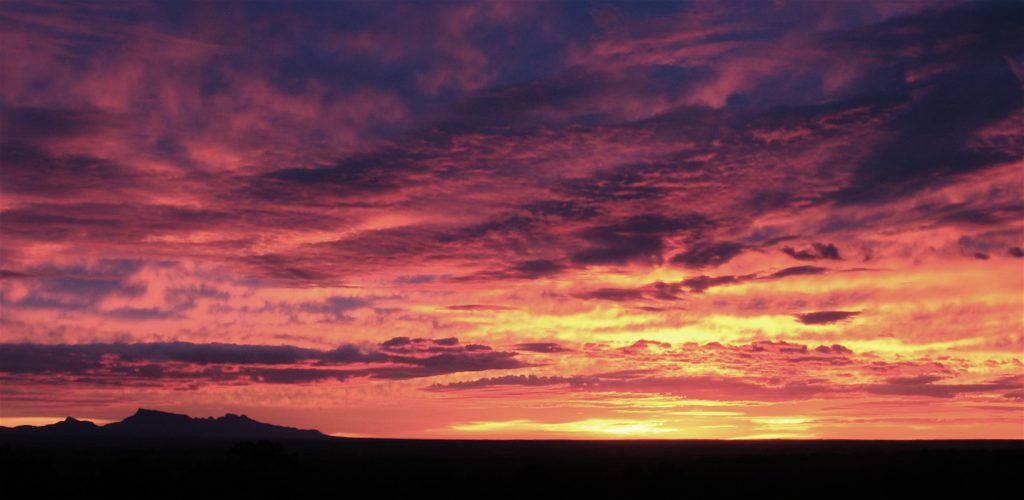
Australia – an astounding place.
In the Beginning.
It came as something of a surprise to me the other day when I realised that my wife Lynne and I have lived in Australia for over fifty years — half a century! Most of that time in Western Australia.
As I write, it is Australia Day. For some there are parties and fireworks. For others there are protests, rallys and marches because they believe that today should be a day of shame, because it is the day that the British stole Australia from its indigenous people.
Jacinta Price puts Australia Day into context for me:
Australia Day is often heralded by ads about lamb and barbies being ‘Australian’. But what does it actually mean to be Australian? I am half Warlpiri and a mixture of Irish, Scottish and Welsh. My sons are of Warlpiri, Irish, Scottish, Welsh, Malay, Indian, French, African, Chinese, Scandinavian and German ancestry. My stepson is half Scottish and a quarter Mauritian. They are all 100% Australian. My husband and stepfather of my children is Scottish but calls himself a ‘Scaussie’. What we all have in common is a love for this multifaceted and beautiful nation.
My great grandfather’s grandfather was convicted of ‘robbing a soldier of his arms’, in 1832 in Kilkenny at the age of 21. He came as a convict in 1833. He was an Irish patriot fighting for his faith and people. In the current political climate I would not be expected to acknowledge and celebrate his life because I have a Warlpiri mother. Most of the self-identifying indigenous members of our community who claim to feel hurt by Australia Day being held on the January 26 would also have white ancestors in their family trees and may not even have been born if the First Fleet hadn’t come.








